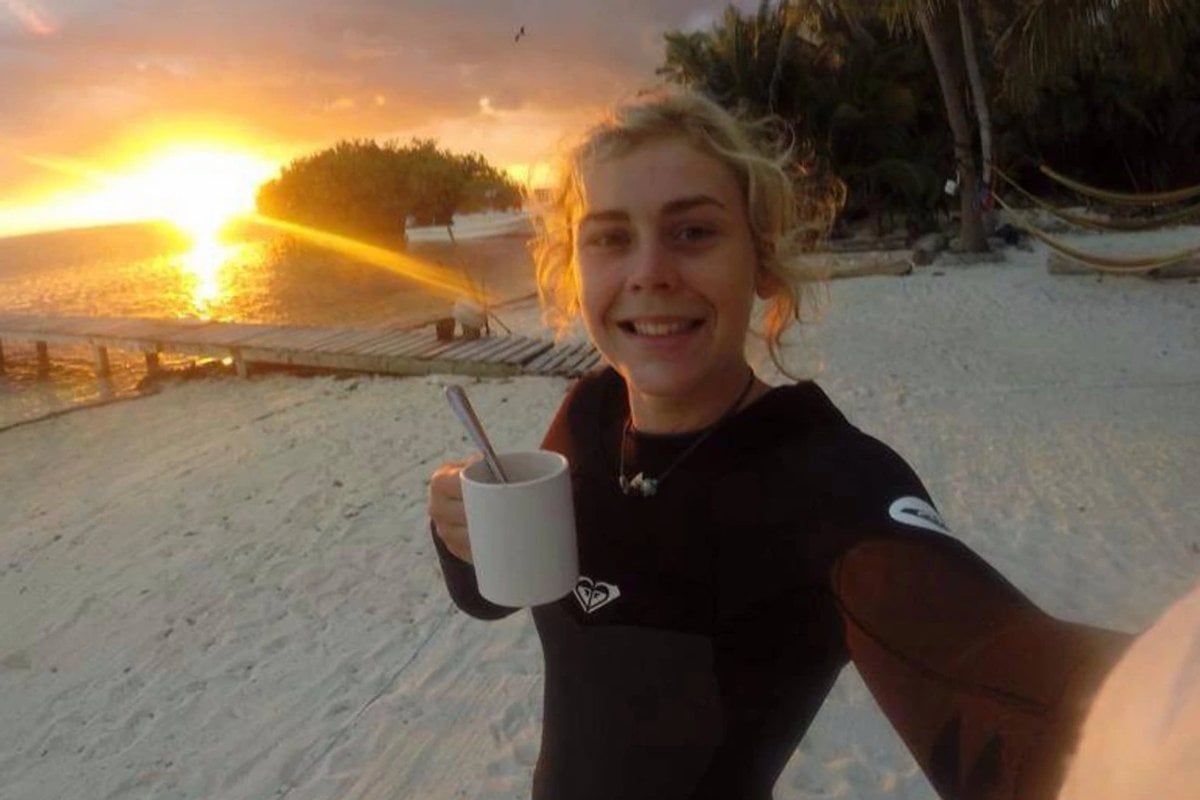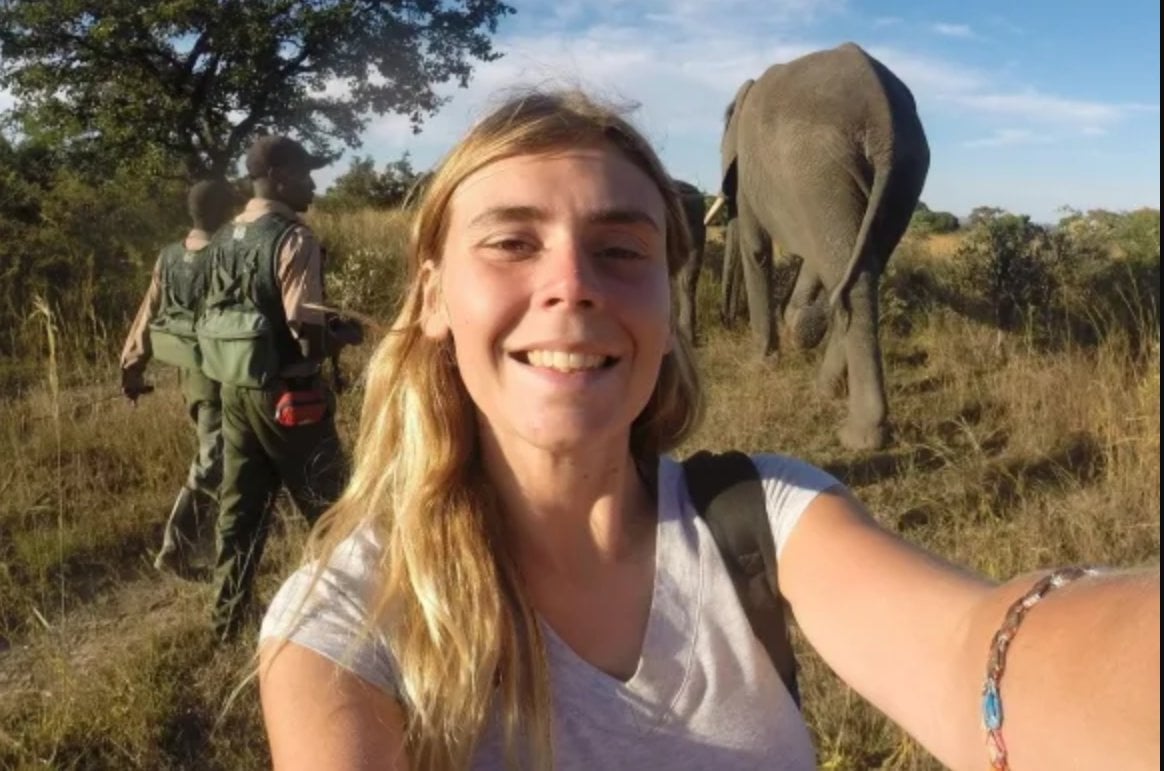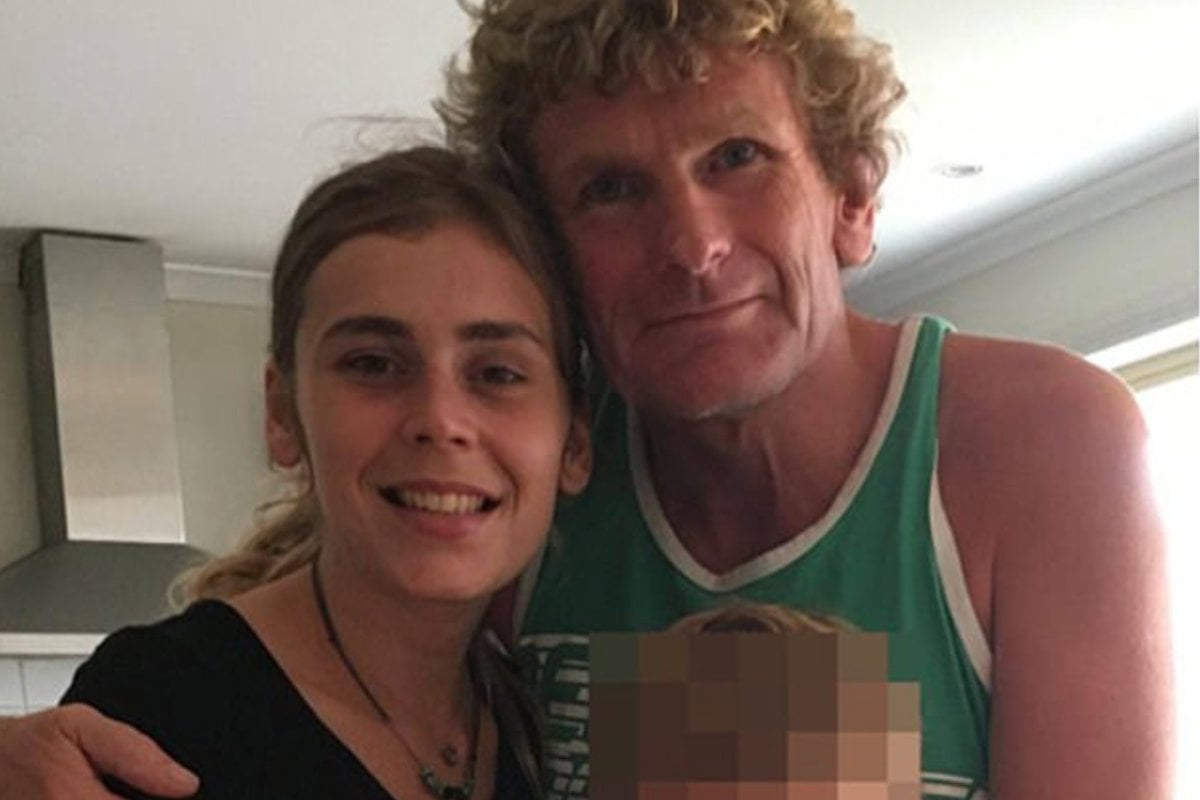
Elly Warren was just 20 years old when she embarked on the adventure of a lifetime – volunteering in Mozambique for a conservation program.
She had dreams of becoming a marine biologist, and this six-week trip to the African nation was just the beginning.
But Elly never made it home. Just four days before she was due to return to Melbourne, Elly was found face down behind a toilet block in the coastal town of Tofo. At the time, her death was described as violent, but no charges were laid by Mozambique police.
That was more than seven years ago. And while Elly's father has been arguing his daughter's death resulted from foul play ever since – embarking on his own, privately funded investigation – it took until August 2023 for Mozambique police to rule Elly's death as a homicide. Despite the ruling, they've yet to pass the final step of having a judge peruse the evidence.
Most recently, a Victorian coronial inquest was unable to conclude that she was murdered, with her father Paul expressing he feels "let down" by the process.
Watch: Father of Elly, Paul Warren speaks as the inquest for her daughter's death begins. Post continues after video.


